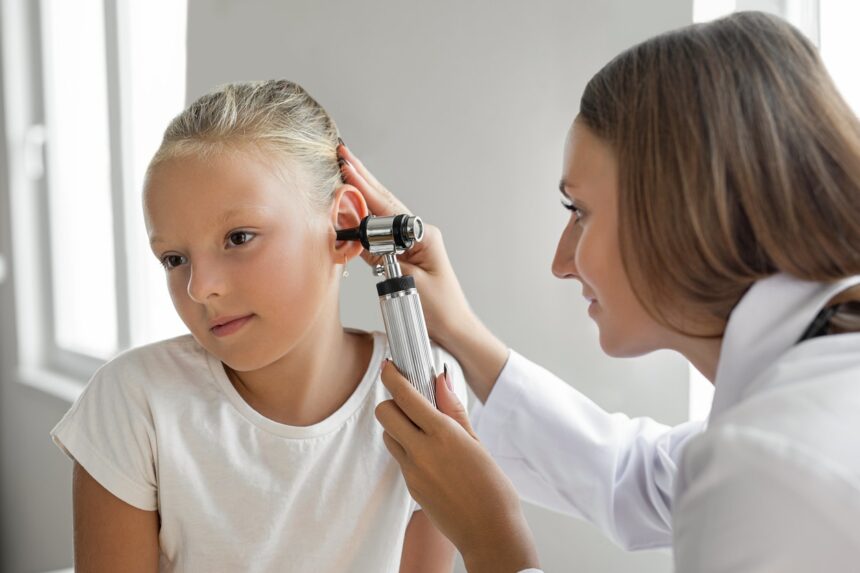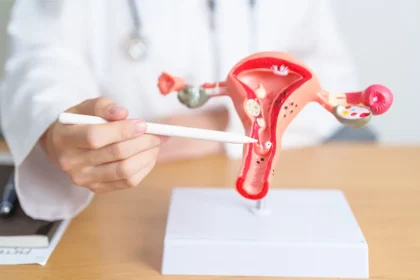Pediatric care focuses on the health and development of infants, children, and adolescents, addressing routine checkups, illness management, and preventive measures. It provides age-specific care that considers the unique medical needs of younger patients. Pediatricians monitor growth milestones, conduct screenings, and offer guidance on nutrition, sleep, and safety. They also diagnose and treat common conditions that may affect a child’s comfort or long-term health. This approach helps parents address concerns early and make informed choices about their child’s care. By building an ongoing relationship, pediatric care supports both physical and emotional well-being.
How Are Ear Infections Treated?
Ear infections are a frequent reason families seek pediatric care, often causing pain, fever, and difficulty hearing. Diagnosis begins with an examination of the ear to identify inflammation or fluid buildup. Treatment varies based on whether the infection is viral or bacterial, ranging from observation and symptom management to antibiotics when needed. Follow-up visits confirm healing and rule out complications.
For children with recurrent infections, pediatricians may discuss preventive options such as ear tubes. Addressing infections quickly helps maintain hearing and supports normal speech development. Early attention also reduces the likelihood of long-term issues. Allergies in children can affect the skin, respiratory system, or digestion, often impacting daily life. Care starts with identifying triggers through medical history, examination, and sometimes allergy testing.
Management may include avoiding allergens, prescribing medications, or starting immunotherapy. Pediatricians work closely with families to develop action plans for symptom control at home, school, and during activities. Education plays a key role, helping parents and children recognize symptoms early and respond appropriately. By addressing allergies promptly, pediatric care reduces the risk of severe reactions and improves a child’s comfort and participation in daily routines.
What Preventive Steps Help?
Prevention is central to effective pediatric care. Regular checkups allow for vaccinations, developmental assessments, and screenings for vision and hearing issues. For ear infections, prevention can involve hygiene practices and managing environmental factors. Allergy prevention may focus on reducing exposure to known triggers and strengthening the immune system through healthy lifestyle habits. Pediatricians also track how allergies change over time, as some children may outgrow certain sensitivities while others develop new ones. Adjusting treatment plans regularly keeps care relevant and effective.
Pediatricians also guide parents in recognizing early warning signs and responding before a condition worsens. Combining prevention with early treatment keeps children healthier and more resilient. This proactive approach supports better long-term outcomes and minimizes disruptions to learning and play.
Book a Pediatric Care Checkup
If your child experiences recurring ear infections, allergy symptoms, or other common health issues, scheduling a pediatric visit can help address the problem early. Regular follow-up visits help monitor progress and catch new concerns early. Pediatric care offers tailored strategies to manage and prevent these conditions while monitoring overall growth and development. Regular visits create opportunities to ask questions and adjust care plans as needed. By staying engaged in your child’s health, you help them remain active and thriving. Consistent care is a foundation for a healthier future and greater day-to-day comfort.









